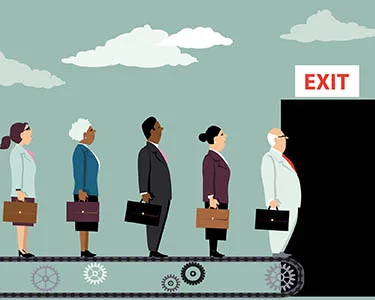by Russell Pearlman, originally published by Korn Ferry in Briefings Magazine
In the eyes of John Maynard Keynes, the world in 1914 was an economic marvel. Those fortunate enough to be alive then had access to conveniences, comforts, and amenities surpassing anything even kings of earlier ages could dream of. A contemporary Londoner—as Keynes wrote in 1919’s The Economic Consequences of the Peace—could “order by telephone, sipping his morning tea in bed, the various products of the whole earth, in such quantity as he might see fit, and reasonably expect their early delivery upon his doorstep.”
Then the Great War and the Spanish Flu happened in rapid succession. Inflation spiked. Goods that took only a few days to acquire now took weeks, if they were available at all. Much of the world, Keynes wrote, was in ruins—“its organization was destroyed, its transport system ruptured, and its food supplies terribly impaired.” To succeed in this new reality, leaders had to change their ways.
Sound familiar?




